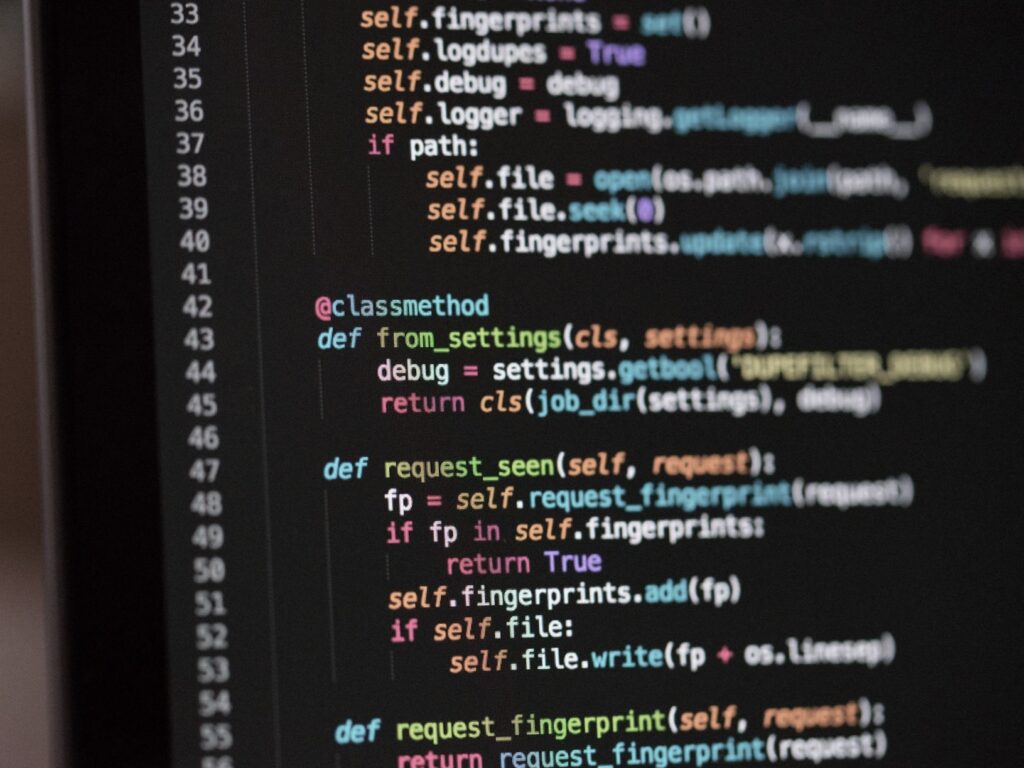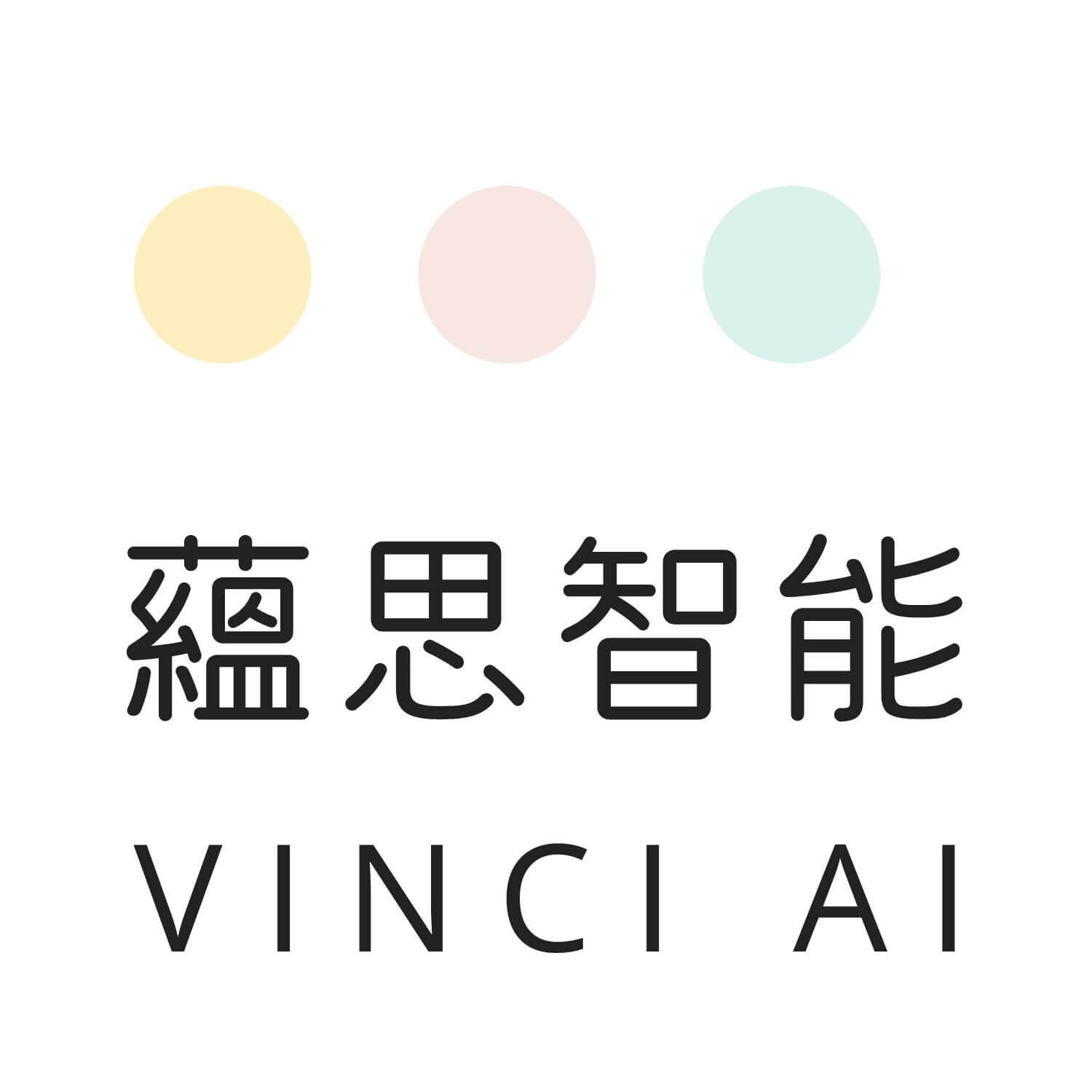Covers all the content of ICT Python in middle schools and the foundation of national programming certification
Python courses
With the reform of the DSE ICT curriculum in 2025, programming skills and computational thinking have become compulsory core competencies. As one of the most popular and easy-to-learn programming languages, Python has been included as a designated language for DSE ICT.In addition, mastering the Python language is also an important way to obtain national certifications such as the "National Youth Software Programming Level Examination". To help schools and students adapt to the new curriculumand equip them to obtain professional certification, we specially designed this course.
This course is based on the 2025 DSE ICT exam syllabus Core requirements of the National Youth Software Programming Level Examination (Python Level 2), dedicated to cultivating students' programming skills, computational thinking and problem-solving abilities. The course covers Python language basics, classic algorithms and data structures, DSE exam question type analysis, etc., while exploring the practical applications of Python in various fields.Lay a solid foundation for students to prepare for the DSE exam and obtain national certificationOur goal is to strengthen the programming foundation, improve the test-taking ability, and stimulate interest in learning.And help students add competitive programming skills to their future academic and career development .
- Suitable for Form 1 to Form 6
Course topics include:
- The Python syntax in the HKDSE ICT course
- The process of developing artificial intelligence models
- Software engineering concepts and techniques
- Basic programming principles

What will you learn?
Course content
The Python programming and application course is specially designed to connect with the 2025 DSE ICT curriculum reform. The course focuses on the exam syllabus and covers the basics of Python language, computational thinking, algorithms and data structures, test-taking strategies, etc. At the same time, we will expand the application of Python in various fields, such as data analysis, artificial intelligence, etc. Through theoretical lectures and practical training projects, we can lay a solid foundation for programming, improve test-taking abilities, and stimulate interest in learning. Rich learning resources and after-school support will help you become a technical talent in the innovative era and meet the challenges of the DSE ICT exam!
ICT Python language basics
- Python development environment setup
- Variables, data types and operators
- Branch structure and loop structure
- Data structures such as lists, tuples, and dictionaries
- Functional and modular programming
- File operations and exception handling
Introduction to Computational Thinking and Algorithms
- Computational thinking concepts and their applications
- Classic algorithms: sorting, search, recursion, etc.
- Complexity analysis and optimization strategies
- Advanced data structures: stack, queue, tree
- Use Python to implement common data structures and algorithms
Application of Python in DSE ICT exam
- Compulsory part program development question type analysis and test-taking strategies
- Analysis of the compulsory program debugging questions and test-taking strategies
- Analysis of the elective algorithm and programming test questions and test-taking strategies
Exploring the application of Python in various fields
- Graphical user interface design
- Data analysis and visualization
- Web crawlers and data collection
- A preliminary study on Web back-end development
- Introduction to Artificial Intelligence Applications: Machine Learning and Deep Learning
Obtain national certification: connect to the national youth software programming level examination
Obtain official certification from the China Electronics Society and enhance technological competitiveness!
After completing this Python course, would you like to further improve and obtain authoritative proof of your programming ability? We recommend that you consider taking the National Youth Software Programming Level Examination course.
What is the National Youth Software Programming Grade Examination?
The exam is sponsored by the China Institute of Electronics and is a nationally recognized authoritative exam. Vinci AI is the first and only "National Youth Level Exam Consulting Service Center" in Hong Kong, providing you with professional training courses.
Why get this certification?
- Authoritative recognition to enhance competitiveness: Obtain a graded examination certificate issued by the China Electronics Society to prove that your knowledge and skills in the field of software programming have reached a nationally recognized level, adding advantages to your future studies and employment.
- Recognition by universities and enterprises:This certificate is widely recognized by well-known universities and enterprises at home and abroad.
- Systematic learning, continuous advancement: The level exams are clearly graded to help you continue your studies in the field of Python programming.
How to connect?
The DSE ICT Python course of Yunsi Intelligence covers the basics of Python language, classic algorithms and data structures, etc., and has been selected as the entry level candidate for the National Youth Software Programming Level Examination. Python Language Basics and Applications (Level 2) Build a solid foundation. After completing our Python course, students can more smoothly transition to the exam preparation courses for the level test, aiming to obtain the second level certification or higher.
Want to learn more?
Discover your potential in programming and get national certification in your Python skills!

Why does HKDSE ICT want to add Python?
Among the compulsory parts of the HKDSE ICT (Information and Communications Technology) exam, Unit D is Basic Programming Concepts. Its main goal is to enable candidates to understand basic programming concepts, including flowcharts and pseudocode. The focus of this part is to learn how to use pseudocode and flowcharts to design and implement solutions to problems, and how to test the accuracy of algorithms
Python is a popular programming language that is considered to be easy to learn and use. Python was added to the compulsory component of HKDSE ICT because it is a popular programming language and a good starting point for students. The use of Python can help students understand the basic concepts of programming and provide a practical tool to implement these concepts
Python may have been added to better prepare students to use programming skills more effectively in future jobs. The use of Python can help students understand how to use programming to solve problems and improve their problem-solving skills
ICT Python 2025 Restructure FAQs
In which year did the new curriculum of HKDSE ICT courses start to be implemented? Which year does it correspond to the Hong Kong Diploma Examination?
The newly revised ICT curriculum will be implemented at Form 4 in the 2022/23 school year and will be effective for the Hong Kong Diploma of Secondary Education Examination (HKDSE) in 2025 and beyond.
What are the major changes to the required parts of the new curriculum?
Major changes to the compulsory sections include:
- Programming class hours have been increased from the original 24 hours to 48 hours, and students need to practice programming
- Lessons on topics such as information processing (such as word processing) already covered in junior high schools have been deleted.
- The Internet and its Applications, Computational Thinking, and Programming have added class hours
What changes have been made to the elective section?
The biggest changes have been made to the elective section:
- From the original four options "Choose one of four" to three options "Choose two of three"
- The database option is retained, and the other two options are changed to network application development and algorithm and programming
- Content on multimedia production, data communications and network building is trimmed or merged into other options
Are there any changes to the exam time and grading weight?
The examination time and the scoring weight of each paper remain unchanged:
- The compulsory part of Paper 1 occupies 55%, and the examination time is 2 hours
- The elective part of Paper 2 occupies 25%. Candidates need to choose and answer two options, each of which takes 30 minutes.
- School-based assessment accounts for 20%
What measures does the Education Bureau take to support the implementation of the new curriculum?
Support measures include:
- Provide professional development courses and teaching resources for teachers in programming languages such as Python and C++, as well as web application development.
- Provide support courses such as network security and STEM education
- Provide sample test papers and textbooks for ICT subjects
Are there any changes to the question types in the compulsory part of Paper 1?
The compulsory part of Paper 1 includes two sections:
- Part A of Paper 1 occupies 22% and has 40 multiple-choice questions.
- Part B of Paper 1 occupies 33%, all must be answered, and contains 6-8 short questions (accounting for approximately 2/5) and 3 structural questions (accounting for approximately 3/5)
Candidates must answer in the answer book
What are the types of questions in the elective part of Paper 2?
Paper 2 has three test papers 2A, 2B and 2C, each accounting for 25%
- Each test paper is worth 30 points. Candidates can choose to answer two of them, for a total of 60 points.
- All questions must be answered, including 3-5 short questions (accounting for about 1/2) and 1 structural question (accounting for about 1/2)
Answer in question book

AI artificial intelligence courses for primary and secondary schools
- Super AI Challenge Competition Course
- National Youth Software Programming Level Examination Course
- OpenAI ChatGPT chatbot course
- ICT Python Course
- Drone Programming Course
- CoSpaces VR/AR Creation and Experience Course
- Introduction to AI Artistic Creation:
- Introduction to AI Music Composition
- Sports and STEM innovative courses (jointly developed with the Education University of Hong Kong)
Why choose Vinci AI?
University lecturer teaching team
VInci AI's teaching team is rich in experience, including university teachers who teach master's AI courses in various colleges and universities.
Curriculum developed by PhD-level experts
Vinci AI's PhD-level AI expert team, providing the most professional artificial intelligence courses
Recognized by research institutions
The teaching platform developed by Vinci AI has received support from Cyberport. Vinci AI is also a STEM education partner of the Productivity Council.
Want to know about the course syllabus?
Contact our consultants
If you are interested in learning about the course outlines for introductory, intermediate, and advanced levels of AI core courses, please feel free to contact us. Our team of experts will provide you with the most suitable recommendations.




